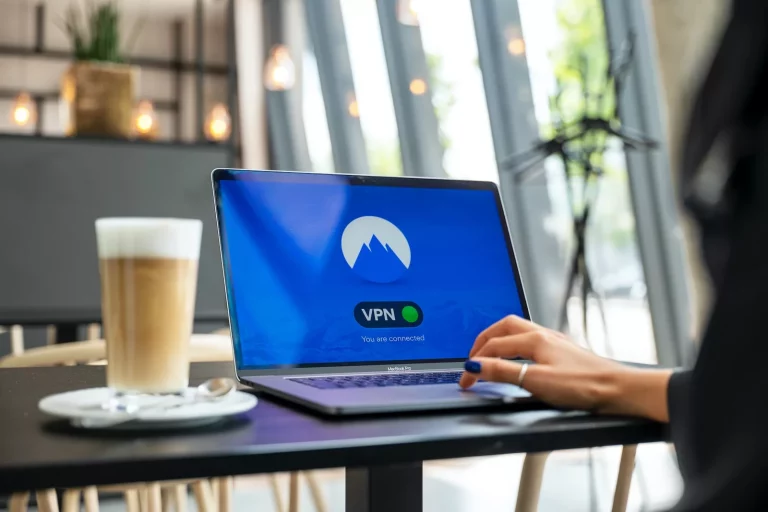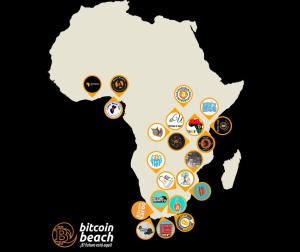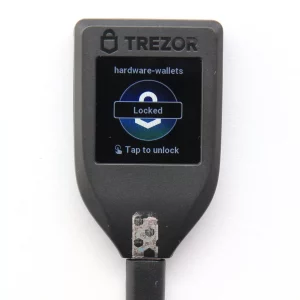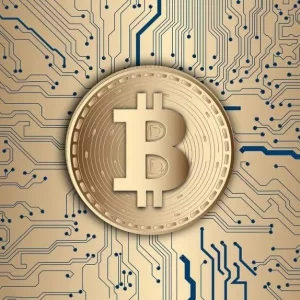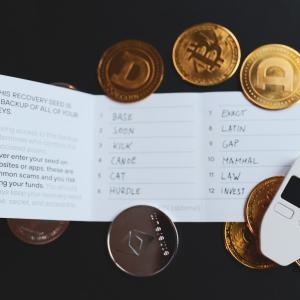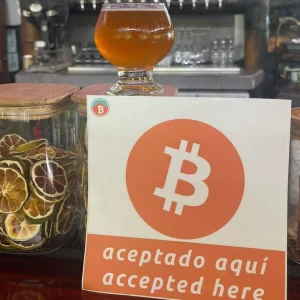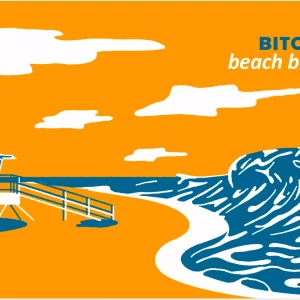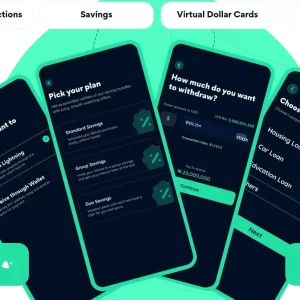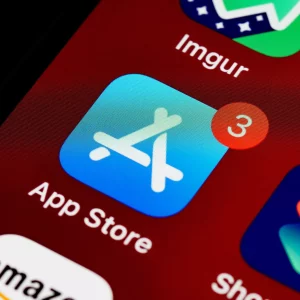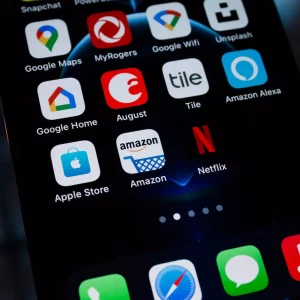VPN is an abbreviation for Virtual Private Network. It is a service that allows you to connect to the internet securely while also protecting your online privacy and security by establishing an encrypted tunnel between your device and the VPN server.
When you connect to a VPN, your internet traffic is routed through an encrypted tunnel to a VPN server in another country. This makes your internet traffic appear to be coming from the VPN server’s location rather than your actual location. This means that your online activities are less vulnerable to interception or hacking.
Benefits of VPNs
VPNs offer several benefits of VPNs, including the following.
Improved Security
One of the primary benefits of using a VPN is improved security. When you connect to a VPN, all of your data is encrypted and sent through a secure and private connection to the VPN server. This means that your online activities, such as browsing, emailing, and online banking, are more secure and less vulnerable to interception or hacking.
Access to Restricted Content
Another benefit of using a VPN is that it allows you to access restricted content that may be unavailable in your region. Many websites and online services are restricted or blocked in certain countries or regions, and a VPN allows you to connect to a server in a different location to access this content. This can be useful for accessing streaming services or other online content that may not be available in your region.
Use of Public WiFi
When you connect to a public Wi-Fi network, your data is vulnerable to interception by hackers. With a VPN, you can protect your data and browsing activity while using public Wi-Fi, which can help keep your personal information and online accounts secure.
Masking Location and IP Address
A VPN also provides anonymity and privacy protection by masking your IP address and location. This means that your online activities are more difficult to track or monitor, which can be especially important for protecting your personal data and online identity. In addition, VPNs can help protect human rights, especially for those living in countries with restrictive internet policies or where online censorship is common.
Bypass Censorship
In various countries around the world, VPNs have become a popular solution to access restricted content and bypass online censorship. One such country is China, where the government has implemented the “Great Firewall” to block access to foreign websites and services and monitor online content.
Another example is Iran, where the government heavily filters and blocks access to foreign websites and online services, including popular social media platforms and news websites. In response, VPNs have become a common tool for individuals in Iran to circumvent these restrictions and access the restricted content.
Russia is another country where VPNs are widely used. The Russian government has passed laws that require Internet Service Providers (ISPs) to block access to websites deemed to be in violation of Russian law. Many individuals in Russia use VPNs to bypass these blocks and protect their online privacy.
Similarly, in Turkey, the government has blocked access to many websites and social media platforms, especially in the wake of political unrest and protests. VPNs are popular in Turkey as a means of bypassing these restrictions and accessing the blocked content.
Finally, the United Arab Emirates has strict laws related to online content and communication, which has led to many websites and online services being blocked or heavily restricted. VPNs are commonly used in the UAE to bypass these restrictions and access restricted content, as well as to protect online privacy.
In each of these countries, VPNs have become a crucial tool for individuals seeking to access restricted content and maintain their online privacy in the face of government censorship and surveillance.
Why Buy VPNs With Bitcoin?
One of the main reasons to pay for a VPN with bitcoin is privacy. Bitcoin is a decentralized and anonymous payment method that allows you to make transactions without revealing your real identity. When you use bitcoin to pay for a VPN subscription, you can rest assured that your personal information will not be shared with the VPN provider, third-party payment processor or the authorities. This is especially important if you use a VPN to protect your privacy and online security.
Another reason to use bitcoin to pay for a VPN is security. Cryptography and blockchain technology protect bitcoin transactions, making them nearly impossible to hack or forge.
Finally, using bitcoin to pay for a VPN can provide greater access to VPN services. Certain payment methods or services may be difficult to access in some countries due to online censorship and government surveillance. Bitcoin transactions, on the other hand, are not restricted in any way and can be completed from anywhere in the world.
How to Buy VPN With Bitcoin
To pay for a VPN with bitcoin, the first step is to choose a VPN provider that accepts bitcoin as a payment option. Once you’ve selected a provider, you’ll need to create an account and choose the subscription plan you want to purchase. During checkout, select bitcoin as the payment method, and the VPN provider will provide you with a unique Bitcoin address or QR code to send the payment. From there, you’ll need to send the required amount of bitcoin from your bitcoin wallet to the provided address or scan the QR code. It’s important to note that the process may vary slightly depending on the VPN provider, so it’s always a good idea to check their payment instructions before making a purchase.
VPNs That Accept Bitcoin
Here are some more VPN services that accept bitcoin as a payment method:
- Obcura is a new tool that claims to be the first VPN that can’t log your activity, such as your browsing history,
and outsmarts internet censorship. - Mullvad is an open-source commercial VPN service based in Sweden.
- ExpressVPN is a popular VPN service with fast connection speeds and compatible with streaming platforms such as Netflix, Hulu, and Amazon Prime Video.
- LNVPN is a VPN pay-as-you-go service that allows people in Africa to access privacy tools like VPNs without the need for a PayPal account or credit card. It is paid via bitcoin Lightning and offers VPN connections for one hour at only 10 cents in USD.
- NordVPN is a popular VPN service provider with a network of servers in over 60 countries. One of the main features of NordVPN is double encryption, which means that user data is encrypted twice before it leaves the device, making it even more difficult for anyone to intercept or decrypt.
- CyberGhost VPN is a popular VPN service provider that provides you with advanced privacy and security features at a low cost. It includes a kill switch that automatically disconnects internet access if the VPN connection is lost.
- Private Internet Access (PIA) is a VPN service that is known for its fast speeds and strong privacy protections.
- Surfshark VPN is a premium VPN (with a 7-day free trial) that provides fast speed, online privacy, security, and other benefits.
- AirVPN is a VPN service that is known for its strong encryption and commitment to privacy.
- VyprVPN is a VPN service that allows you to connect to over 70 locations around the world and access restricted content.
- PrivateVPN is a VPN service provider that aims to provide you with a high level of privacy and security while browsing the internet. It has servers in over 60 countries.
- TorGuard is a VPN service provider that offers a wide range of privacy and security features for individuals and businesses.
Paying for a VPN service with Bitcoin has grown in popularity in recent years due to the privacy and security benefits it provides. Using bitcoin to pay for a VPN service can be a good option for users who want an extra layer of privacy and security when using a VPN service.
These are just a few examples of where you can buy VPN with BTC. If you are interested in using a VPN and want to pay with bitcoin, you can check the payment options on the website of the VPN of your choice or contact their customer support for more information.

